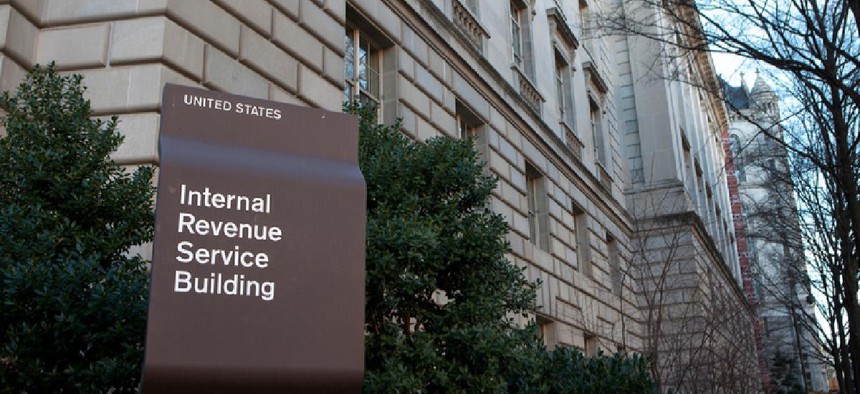IRS plots $2.6B IT services consolidation

The tax agency plans to combine its modernization and sustainment contracts into a single task order on a governmentwide acquisition contract as it pushes ahead with the replacement of legacy systems.

The IRS is looking to consolidate the management of some of its mission critical systems into a single contract with a $2.6 billion ceiling value over seven years.
The tax agency's Enterprise Development, Operations Services (EDOS) is designed as a single award task order combining modernization and maintenance on a best-in-class governmentwide acquisition vehicle, according to a March 18 request for information. The EDOS solicitation is looking to cut costs, reduce operational redundancies and establish performance-based incentives for the management of IRS technology systems.
The RFI lists 21 systems planned to be part of the EDOS consolidation, including the Customer Account Data Engine 2 (CADE2), which is intended to replace the Individual Master File as the principal taxpayer account system and accounted for more than $119 million in FY2020 spending, according to the Federal IT Dashboard. Other big-ticket systems set to come under EDOS include administration of the tax side of the Affordable Care Act, the agency's own core financial systems, public facing IRS user portals and more.
According to an August 2020 review of IRS modernization plans from the Treasury Inspector General for Tax Administration, the internal watchdog of the IRS, the agency lacks an enterprisewide definition of legacy and also lacks "specific or long term plans" to retire or upgrade its portfolio of aging technology.
The IRS spends about $2.1 billion on IT annually, so the EDOS acquisition will account for a substantial share of the total agency tech budget. The IRS is currently in the midst of a six-year modernization effort designed to reduce legacy code in the agency's technology portfolio by 75% by 2024.
The American Rescue Plan Act appropriated $1.46 billion for expenses associated with the distribution of payments under the law as well as for the development of IRS systems. That provision includes $20 million in premium pay that allows, as has been the case in the past, the tax agency to offer senior technology executives salaries outside the typical federal pay bands.
Responses from vendors are due March 31.
NEXT STORY: FCW Insider: March 29, 2021



